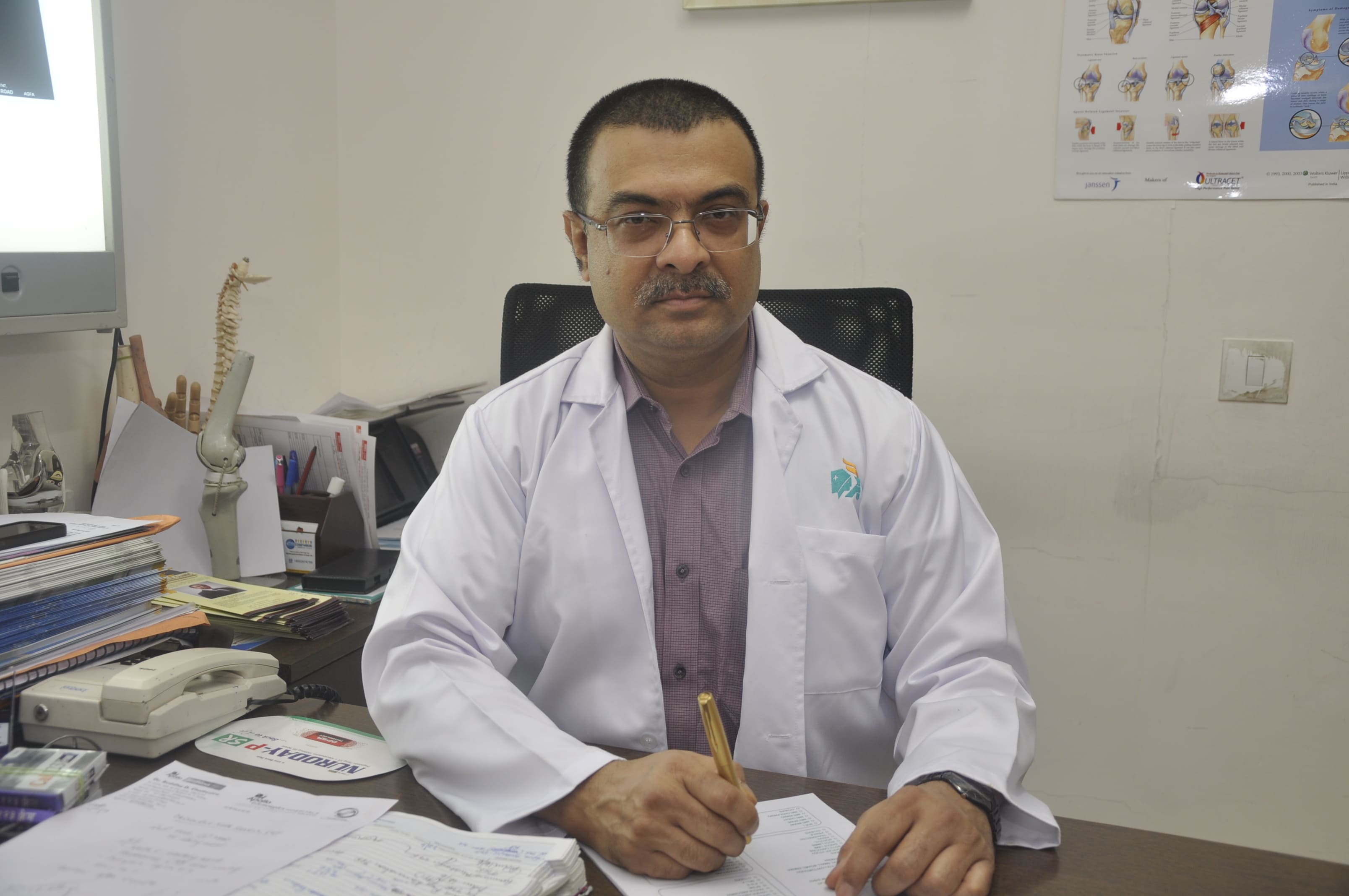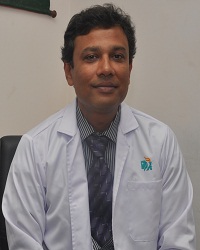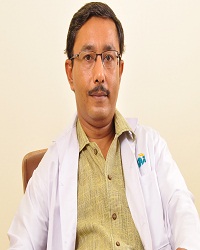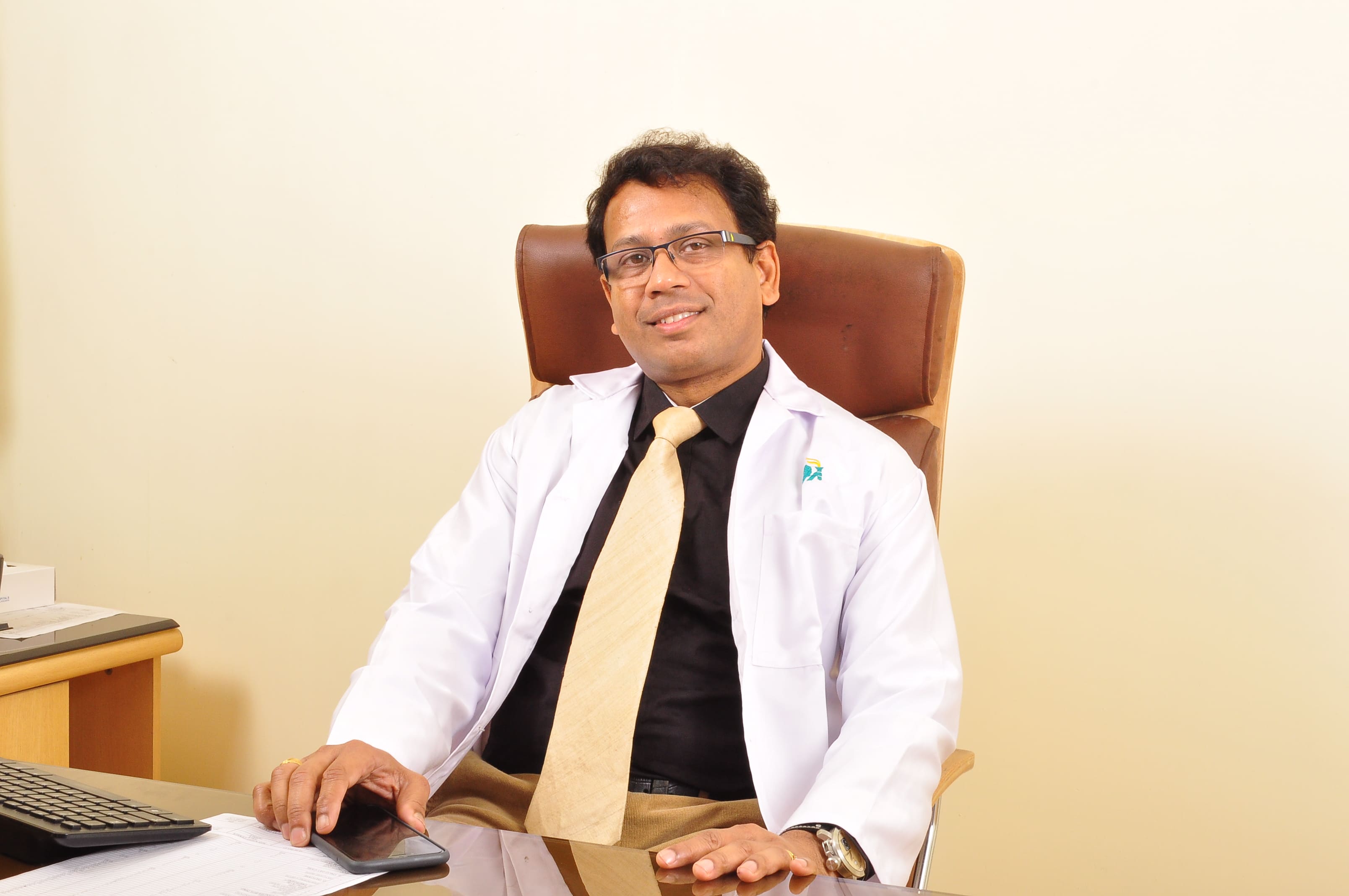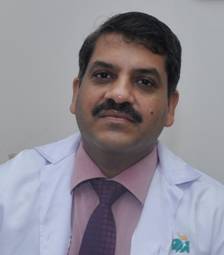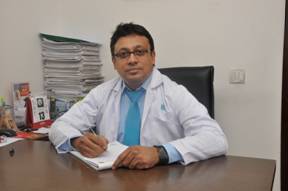Search Result: 12

Dr Abheek Kar
MS(Ortho), MRCS(Edin)
Registration No
4458
Language
English, বাংলা, हिंदी

17 years experience overall

Canal Circular Road , Kolkata
SUN- SAT(12:00 PM-12:01 PM)

Dr Buddhadeb Chatterjee
MS (Ortho), FRCS(Ortho,UK)
Registration No
4241
Language
English, বাংলা, हिंदी

28 years experience overall

Canal Circular Road , Kolkata
SUN- SAT, SUN- SAT(12:00 PM-12:01 PM)

Dr Indranil Pal
MBBS(2002) , Dip. SICOT Ortho(2009), DNB(Ortho)(2009) & FRCS(2021)
Registration No
4837223
Language
English, বাংলা, हिंदी

13 years experience overall

Canal Circular Road , Kolkata
SUN- SAT(12:00 PM-12:01 PM)

Dr Krishna Shankar Singh
MBBS, D.Ortho, DNB(Ortho)
Registration No
4837226
Language
English, বাংলা, हिंदी

4 years experience overall

Canal Circular Road , Kolkata
SUN- SAT(12:00 PM-12:01 PM)

Dr Kumar Satyakam
MBBS, MS (Ortho),Mch (Ortho) USAIM
Registration No
4220954
Language
English, বাংলা, हिंदी

15 years experience overall

Canal Circular Road , Kolkata
SUN- SAT(12:00 PM-12:01 PM)

Dr Kushal Nag
MBBS, & MS(Ortho)
Registration No
4837225
Language
English, বাংলা, हिंदी

10 years experience overall

Canal Circular Road , Kolkata
SUN- SAT(12:00 PM-12:01 PM)

Dr Manabendra Nath Basu Mallick
M.S.(orthopedics)FELLOW- Joint Reconstruction (Singapore), Specialist in Arthroscopy, Sports Surgery and Joint reconstruction
Registration No
29391
Language
English, বাংলা, हिंदी

22 years experience overall

Canal Circular Road , Kolkata
SUN- SAT(12:00 PM-12:01 PM)

Dr Ranadip Rudra
MS (Ortho)
Registration No
146844
Language
English, বাংলা, हिंदी

8 years experience overall

Canal Circular Road , Kolkata
SUN- SAT(12:00 PM-12:01 PM)

Dr Ranjan Kamilya
MS(Ortho), FRCS(Glasg), M.Sc (Trauma Surg., UK)
Registration No
4242
Language
English, বাংলা, हिंदी

25 years experience overall

Canal Circular Road , Kolkata
SUN- SAT(12:00 PM-12:01 PM)

Dr Ravi Ganesh Bharadwaj
MBBS,MS(Ortho),MRCS(Edin),Dip SICOT,FRCS(Trauma & Ortho)
Registration No
692006
Language
English, বাংলা, हिंदी

16 years experience overall

Canal Circular Road , Kolkata
SUN- SAT(12:00 PM-12:01 PM)

Dr Soumen Kar
MBBS, MS(ORTHO), MCH(ORTHO)
Registration No
6299927
Language
English, বাংলা, हिंदी

13 years experience overall

Canal Circular Road , Kolkata
SUN- SAT, SUN- SAT(12:00 PM-12:01 PM)

Dr Tathagatha Das
MS (Ortho), MCh (Ortho, UK)
Registration No
4461
Language
English, বাংলা, हिंदी

22 years experience overall

Canal Circular Road , Kolkata
SUN- SAT(12:00 PM-12:01 PM)
Frequently Asked Questions for Orthopedicians in Kolkata
Orthopedists offer nonsurgical therapies like joint injections, physical therapy, occupational therapy, and custom shoe inserts called orthotics. They may also use devices like braces, slings, casts, or splints to aid in healing and prescribe non-opioid medications like acetaminophen or ibuprofen. Additionally, some orthopedists may offer platelet-rich plasma (PRP) therapy, an investigational treatment.
Orthopedic specialists treat disorders that affect various parts of the musculoskeletal system, including bones, cartilage, joints, ligaments, muscles, nerves, and tendons.
The first symptom of bone disease varies depending on the specific condition. In some cases, there may be no symptoms initially, while in others, pain or stiffness in the bones or joints may be the first sign. Other common symptoms of bone disease include decreased mobility, and difficulty performing daily activities.
During your first visit to an orthopedic specialist, you can expect to discuss your symptoms, medical history and lifestyle, undergo a physical exam and possibly imaging studies such as X-ray. After a diagnosis is made, treatment recommendations will be provided. In some cases, additional imaging may be required for a more detailed view of the affected area. Your orthopedist may also recommend temporary therapies to alleviate symptoms until a diagnosis is made.
Slipped disks are typically treated by medical professionals such as orthopedic doctors or neurologists, who specialize in conditions affecting the musculoskeletal system or nervous system, respectively. However, depending on the severity and specific circumstances of the slipped disk, treatment may also involve physical therapists, pain management specialists, or even surgeons.
Common age-related orthopaedic conditions include osteoporosis, which weakens bones and increases the risk of fractures; osteoarthritis, which causes gradual cartilage degeneration and joint pain/stiffness; and fractures and dislocations.
Orthopedists may prescribe a range of tests to diagnose and treat orthopedic conditions, including X-rays, MRIs, CT scans, bone scans, and blood tests. They may also perform physical examinations to evaluate mobility, strength, and flexibility. Based on the results of these tests, orthopedists can develop personalized treatment plans for their patients, which may include medication, physical therapy, or surgery.
A bone specialist is commonly referred to as an orthopedist or an orthopedic surgeon. They specialize in diagnosing and treating conditions related to bones, joints, ligaments, tendons, and muscles.
Yes, orthopedic doctors can help in post-surgery treatment through orthopedic physical therapy. This therapy can help reduce pain, improve range of motion, prevent excessive scar tissue buildup, and aid in regaining balance, strength, and mobility after surgery.
The most common orthopedic disorders include arthritis, fibromyalgia, fractures, foot pain, hip fracture, low back pain, hand pain and associated problems, knee pain, kyphosis, neck pain, osteoporosis, Paget’s disease of the bone, scoliosis, shoulder pain, and soft-tissue injuries.
An orthopedist and an orthopedic surgeon are both medical professionals who specialize in the diagnosis and treatment of musculoskeletal conditions. However, an orthopedic surgeon is specifically trained in surgical procedures, while an orthopedist may use non-surgical treatments, such as medications, physical therapy, and orthotics. Both professionals can diagnose and treat a range of conditions, including fractures, arthritis, sports injuries, and spine disorders.
You should see an orthopedist for an ankle sprain if you have symptoms like severe pain, tenderness, swelling, bruising, restricted range of motion, instability, and a popping sensation or sound at the time of injury. Your doctor can evaluate your ankle and recommend appropriate treatment.
Yes, an orthopedic doctor can treat arthritis. They can diagnose the type of arthritis and develop a treatment plan, since they have specialized training in the musculoskeletal system and are equipped to provide comprehensive care for conditions affecting the bones, joints, muscles, and connective tissues.
An orthopedist, also known as an orthopedic surgeon or orthopedic doctor, is a medical professional who specializes in diagnosing and treating conditions related to the musculoskeletal system, including bones, joints, muscles, ligaments, and tendons. They are trained to use a variety of techniques, including surgery, to manage these conditions and help patients regain mobility and reduce pain.
If you experience symptoms of a musculoskeletal condition such as joint pain, stiffness, inflammation, swelling, restricted movement due to pain, grinding, popping, or snapping, you should see an orthopedist.
Related Procedures in Kolkata
- Doctors for Total Knee Replacement in Kolkata
- Doctors for Hip Replacement in Kolkata
- Doctors for ACL reconstruction surgery in Kolkata
- Doctors for Laminectomy in Kolkata
- Doctors for Arthrodesis in Kolkata
- Doctors for Osteotomy in Kolkata
- Doctors for Rotator cuff Tendinitis in Kolkata
- Doctors for Knee Replacement Surgery in Kolkata
- Doctors for Limb lengthening in Kolkata
- Doctors for Ankle surgery in Kolkata
Related Treatments in Kolkata
- Doctors for ACL Injuries Treatment in Kolkata
- Doctors for Arthritis Treatment in Kolkata
- Doctors for Carpal Tunnel Syndrome Treatment in Kolkata
- Doctors for Cerebral Palsy Treatment in Kolkata
- Doctors for Ganglion Cyst Treatment in Kolkata
- Doctors for Hemophilia Treatment in Kolkata
- Doctors for Marfan Syndrome Treatment in Kolkata
- Doctors for Muscular Dystrophy Treatment in Kolkata
- Doctors for Psoriatic Arthritis Treatment in Kolkata
- Doctors for Rheumatoid Arthritis Treatment in Kolkata
- Doctors for Scleroderma Treatment in Kolkata
- Doctors for Scoliosis Treatment in Kolkata
- Doctors for Spina Bifida Treatment in Kolkata
- Doctors for Spondylolisthesis Treatment in Kolkata
- Doctors for Trigger Finger Treatment in Kolkata
Other Specialities in Kolkata
- Best Urologist in Kolkata
- Best Pulmonologist in Kolkata
- Best General Physician in Kolkata
- Best Endocrinologist in Kolkata
- Best Cardiologist in Kolkata
- Best Oncologist in Kolkata
- Best Radiologist in Kolkata
- Best Orthopedics in Kolkata
- Best Hepatologist in Kolkata
- Best Gynecologist in Kolkata
- Best Dermatologist in Kolkata
- Best Gastroenterologist in Kolkata
- Best Psychologist in Kolkata
- Best Ent Specialist in Kolkata
- Best Nephrologist in Kolkata
- Best Rheumatologist in Kolkata
- Best Diabetologist in Kolkata
- Best Psychiatrist in Kolkata
- Best Neonatologist in Kolkata
- Best Dentist in Kolkata
- Best Dietitian in Kolkata
- Best Haematologist in Kolkata
- Best Pediatrics in Kolkata
- Best General Surgeon in Kolkata
Top Hospitals in India
- Hospitals in Ahmedabad
- Hospitals in Bangalore
- Hospitals in Bhubaneswar
- Hospitals in Bilaspur
- Hospitals in Chennai
- Hospitals in Delhi
- Hospitals in Guwahati
- Hospitals in Hyderabad
- Hospitals in Indore
- Hospitals in Kolkata
- Hospitals in Madurai
- Hospitals in Mumbai
- Hospitals in Mysore
- Hospitals in Nashik
- Hospitals in Noida
- Hospitals in Visakhapatnam
- Hospitals in Lucknow
- Hospitals in Bhopal
- Hospitals in Karur
- Hospitals in Kochi
- Hospitals in Nellore
- Hospitals in Trichy
- Hospitals in Kakinada
© Copyright 2024. Apollo Hospitals Group. All Rights Reserved.
 +91 8069991061
Book Appointment
+91 8069991061
Book Appointment





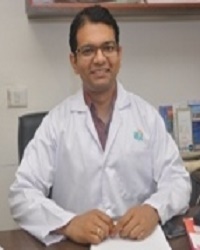
 Call Now
Call Now